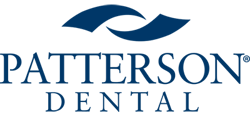I practiced dentistry for 50 years. I no longer go to the office each day, but that does not mean that I am not active in my profession. I empathize with those who cope each day providing the quality dental services under difficult conditions.
I practiced dentistry for 35 years before spending the next 15 years providing voluntary dental services in several Third World countries. The pandemic has affected me as well, but in a much different way. When I ceased to treat patients clinically, I was determined to provide help to those in need. I, and two friends, created a foundation called Smiles Without Borders, (Sonrisas Sin Fronteras in Spanish). The Foundation provides free dental care to children in government elementary schools in Third World countries. It is a unique approach to dental care delivery. The Foundation provides portable dental equipment that can be transported between schools. The clinics are staffed by graduate national dentists who are required to serve one year in voluntary service before receiving dental licensure. Oversight is provided by local dentists who are community leaders.
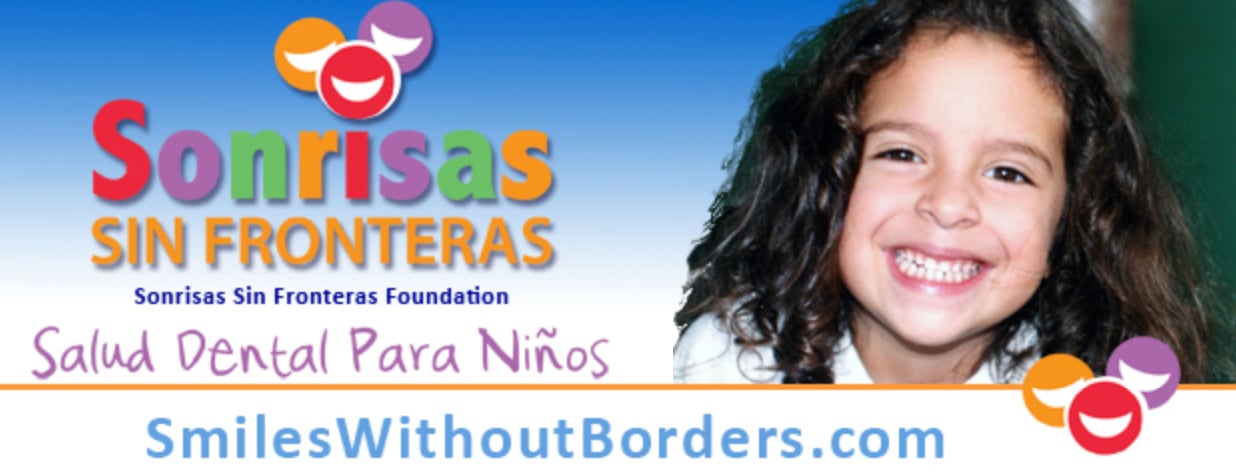
As the pandemic grew globally, schools began to close. Dental equipment became difficult to purchase and ship, and funding the Foundation dried up. Smiles Without Borders was temporarily shuttered.
The coronavirus pandemic began in March of 2020 and quickly swept across the globe. By summer it seemed as though conditions might be improving. Then in August, a new catastrophe struck. Wildfires began to break out in the mountains of Colorado. Skies darkened and it seemed to be nightfall at 3 o’clock in the afternoon. At the time of this writing, fires have burned more than 200,000 acres and destroyed over 600 homes and structures. For hundreds of square miles the land was blanketed with ash fallout that required daily removal from walks and driveways. Health officials warned of dangerously poor air quality and we were voluntarily sequestered again in our homes... ANOTHER QUARANTINE TO SHUTTER LIVES. 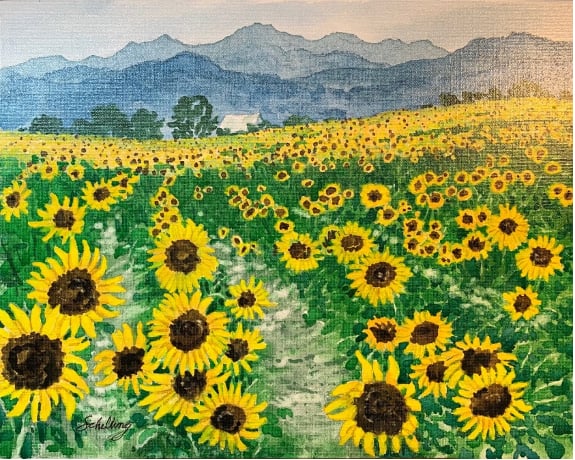
While waiting for the pandemic to improve, I was determined to make personal adjustments in my own life. I have always been artistic and learned the skill of watercolor painting at an early age. I maintained an art business concurrently with my dental practice. However, I have always considered dentistry to be the highest expression of art. If we restore teeth and mouths to a point of imitating natural beauty without a trace of human intervention---that is truly ART.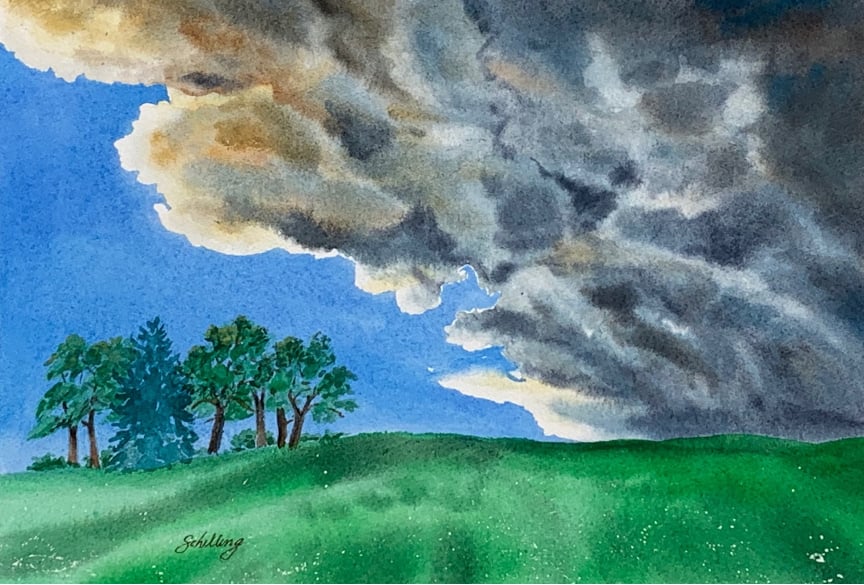
I was accustomed to spending time in my studio each day in creative endeavors during the months of isolation. But what to paint during this virtual lockdown? I enjoy painting on location. My subjects and motivation were limited now. I painted pastoral scenes from memory, searched for subjects in my studio, and asked friends to model for portraits.
Historically, Master Artists who were detained or limited in the activities by circumstances, found it difficult to find subjects to paint. Van Gogh painted several scenes from his bedroom, and the same starry nights over and over.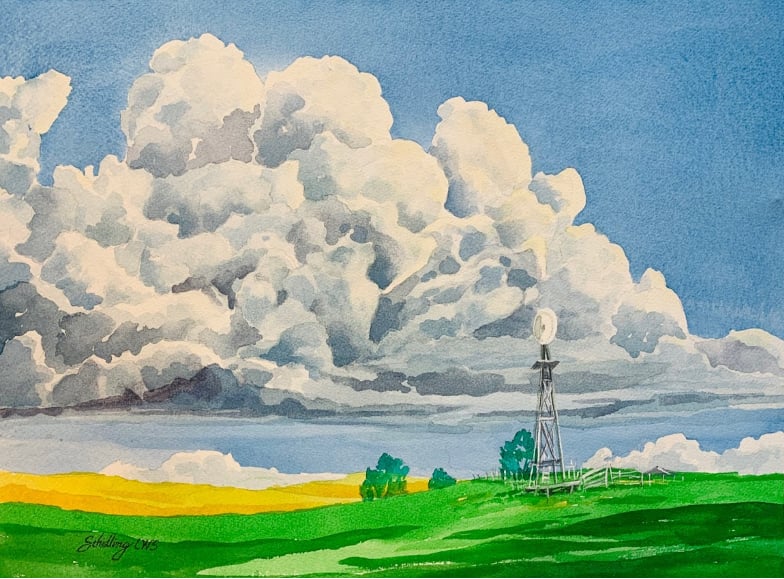
The Great Outdoors at times provided opportunities to explore subjects to paint. But for weeks the skies were dark, gloomy, with unhealthy floating ash from the fires. Only when the winds reversed against the prevailing westerly flow was it safe to venture out of doors. Then I found comfort and solitude in painting landscapes. The hours spent in creativity were a satisfying escape from concerns and fears of the coronavirus.
__________
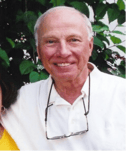
Dr. Richard Schilling is a dentist, artist and author. He left private practice twenty five years ago in order to devote time to Christian missions, and to the dental foundation that he helped form, Smiles Without Borders Foundation. The foundation helps to install sustainable dental clinics for children in schools, hospitals, and churches. In addition to volunteer service in several countries, Richard and his wife, Marlene, serviced as dental officer and dental assistant for a major cruise line for 10 years.

